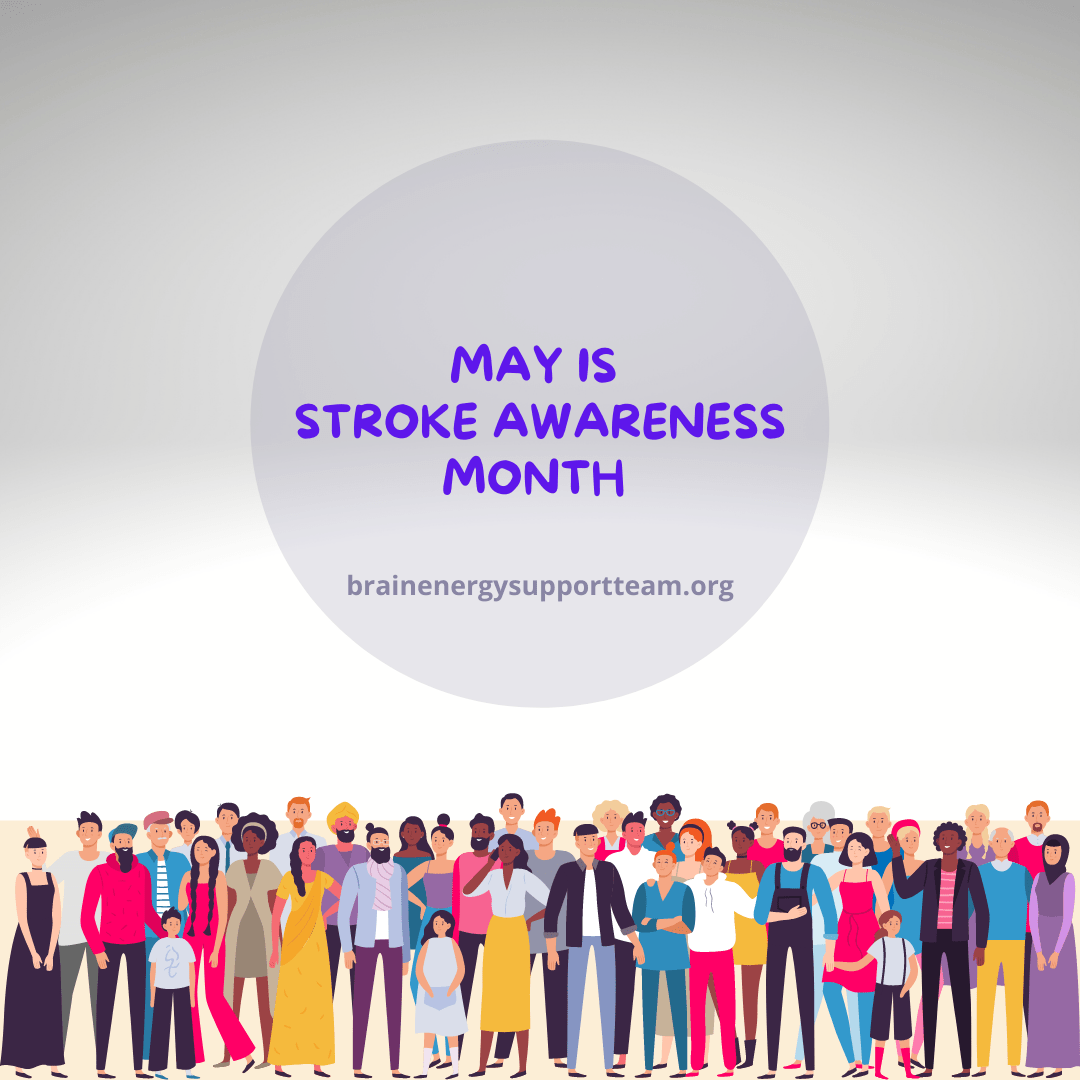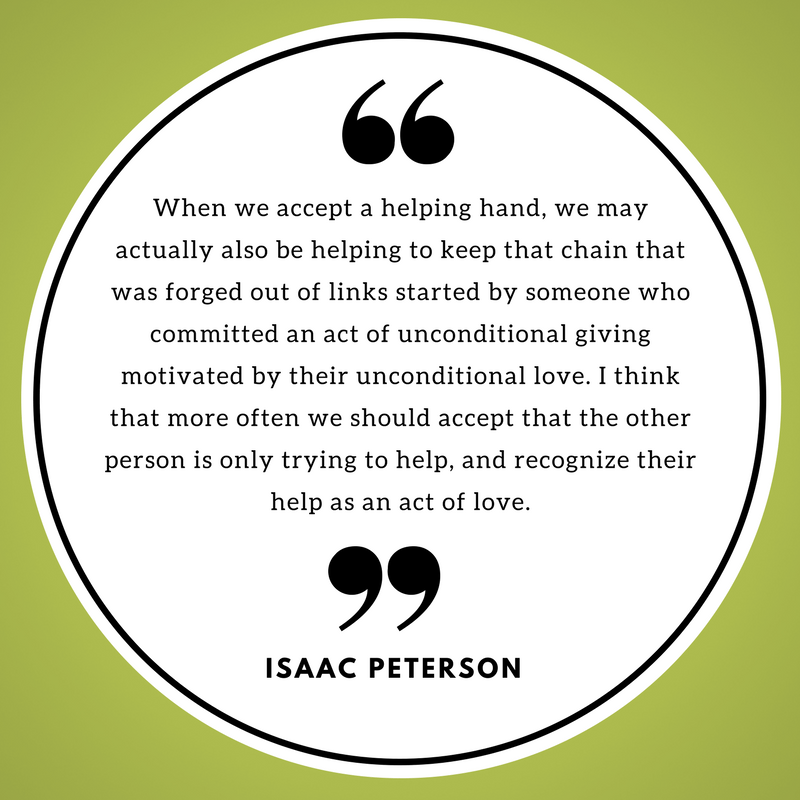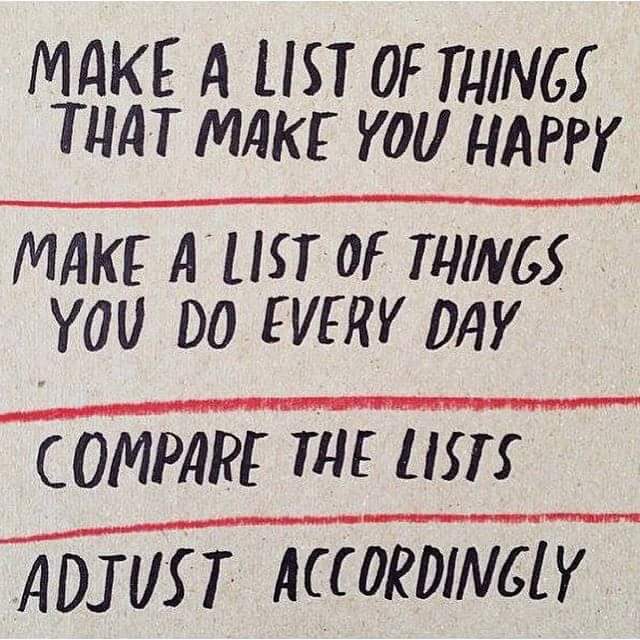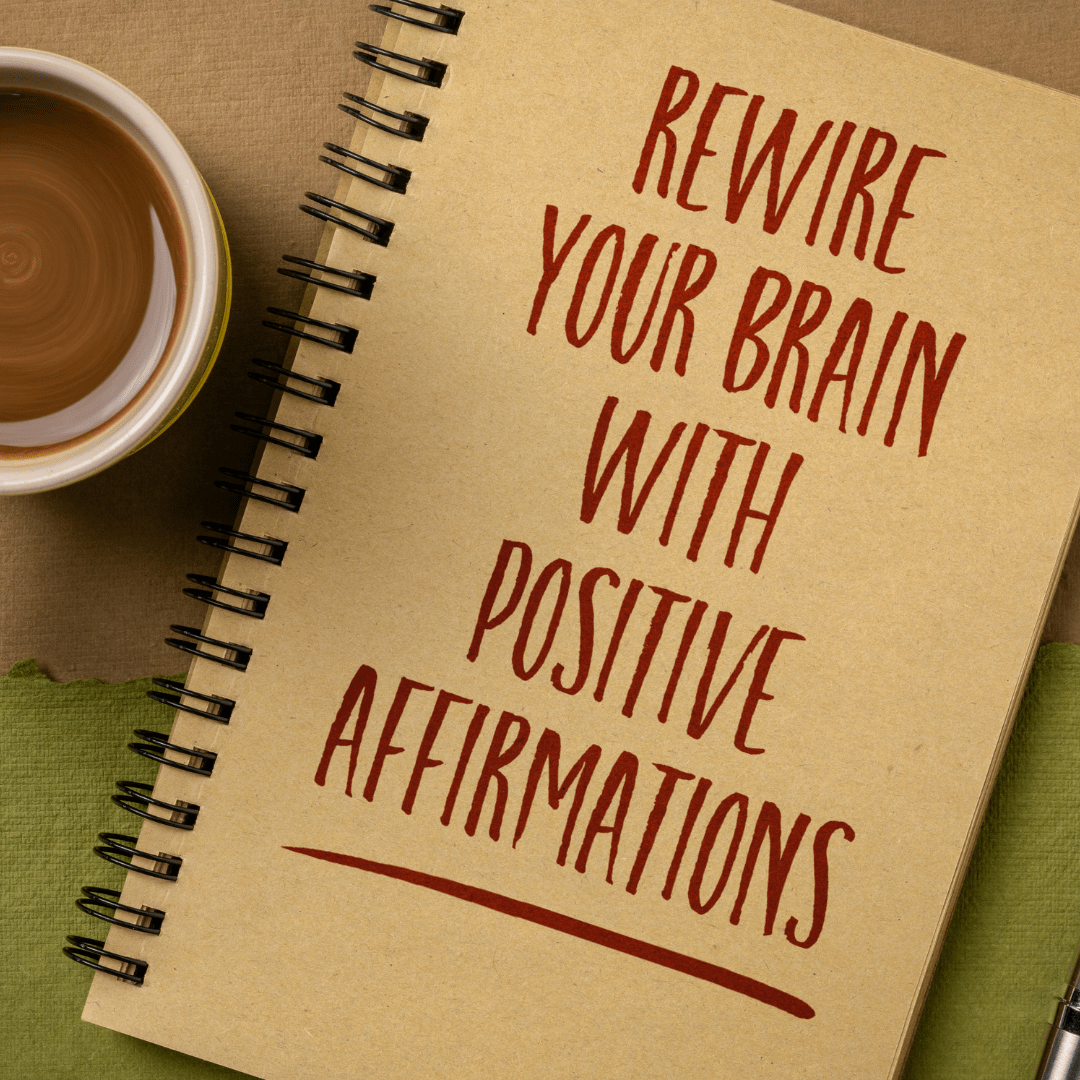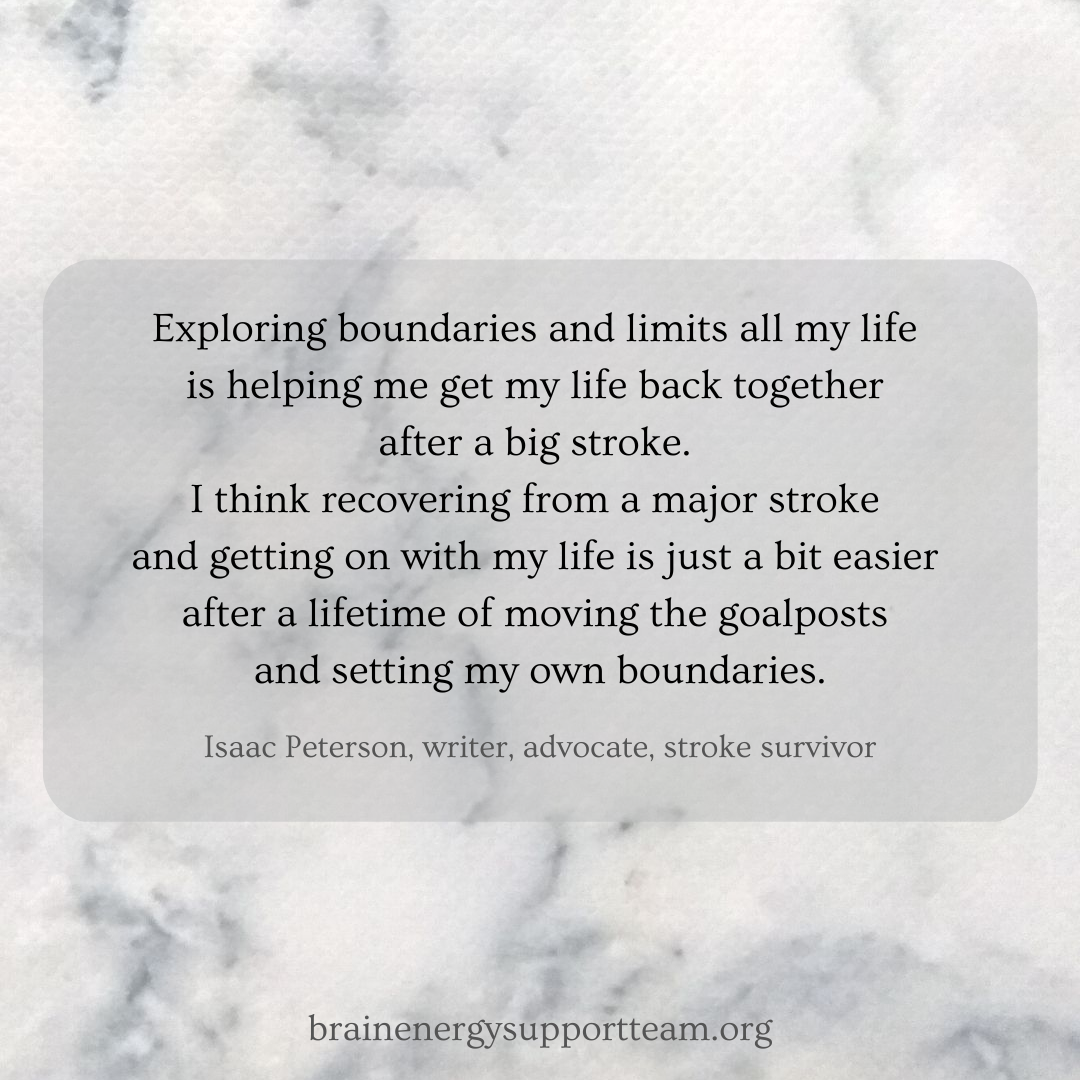From time to time I’ve written about aspects of healthy living, like heart health, stroke prevention and self-care.
All were with traumatic brain (TBI) injury survivors in mind.
However, it occurred to me: why not write about just about maintaining a healthy brain? I’m not too swift sometimes, but it just kind of dawned on me that in order to have a brain injury, first you’ve got to have a brain. And if you already have a brain injury, it makes sense to keep your brain as healthy as possible to avoid further damage to your brain.
Consider this another self-care article.
A healthy brain can help (anybody, not just TBI survivors) make it through their lives. It can help in solving problems, make good decisions, interact meaningfully with others, and all sorts of activities all of us go through every day.
We all need to have the ability to remember, to process information, learn, understand; all sorts of things. It goes without saying that our brains are pretty darn important, and keeping our brains sharp as we age should be a major concern for everybody.
There are things we can all do to keep as mentally sharp as possible. I like to think of the brain as a muscle; if we don’t exercise, our muscles atrophy and get weaker. If you don’t use it, you lose it applies to brains as much as it does to muscles. Exercise your brain and treat it right and it will last a lifetime. Our brains can even grow new cells and make new neural connections—what we call neuroplasticity.
But how do we go about keeping our brains in peak condition? I have some suggestions—most of this information mostly comes from Harvard Medical School, the Mayo Clinic and the Alzheimer’s Association. Some are old hat and others don’t get talked about too much.
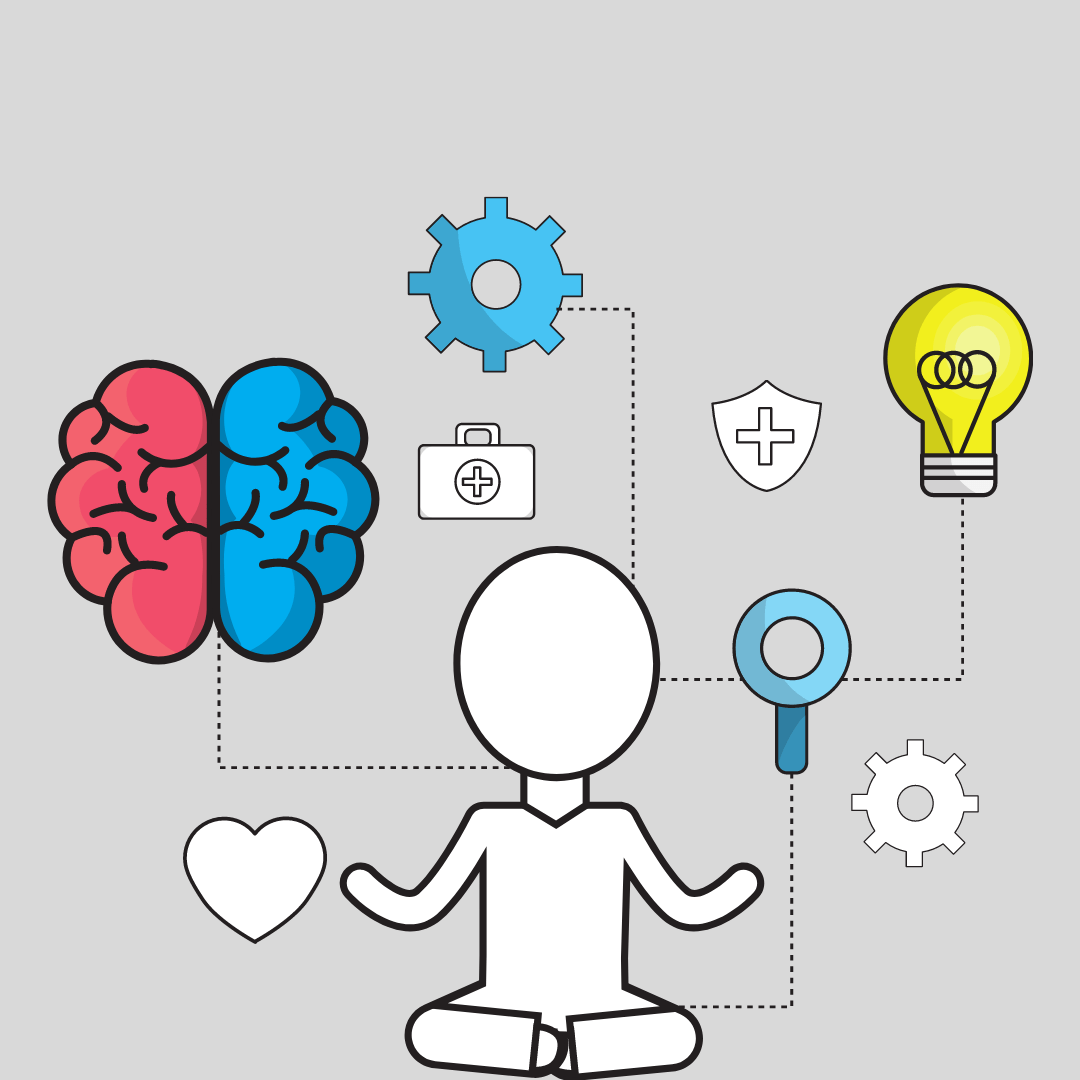 Eat a Mediterranean diet and other brain foods.
Eat a Mediterranean diet and other brain foods.
A Mediterranean diet emphasizes plant-based foods, whole grains, fish and foods containing omega fatty acids like extra-virgin olive oil and other fats that are considered healthy fats. This diet uses less salt and red meat than a typical diet. Studies show that following a Mediterranean diet will help your brain cell function, increase mental function and decrease your chances of Alzheimer’s disease, along with coronary (heart) and artery disease.
The MIND diet is a cross between the Mediterranean and DASH (Dietary Approaches to Stop Hypertension) diets. MIND emphasizes berries and leafy greens. It’s thought that the diet lowers the odds of Alzheimer’s and dementia.
A little coffee can help your focus, but it’s recommended you keep it down to two cups in the morning and start drinking non-caffeinated liquids by about 2 PM.
One extra bit of good dietary news is that there are indications dark chocolate can be good for improving cognitive function and memory.
Stay socially active.
Social relationships help us relieve depression—having feelings of acceptance and worth helps with mental stability as well as avoiding stress and depression. Research shows solitary confinement and social detachment, especially if you live alone, may play a part in brain atrophy. Social involvement may have the opposite effect.
Keep mentally active.
It’s well known that keeping your brain active is a proactive defense against dementia and Alzheimer’s disease. Keep your brain in shape by giving it exercise when you are not occupied with your job or chores. Do crossword puzzles, Sudoku, write poetry, play cards, put together jigsaw puzzles, or tend to the garden. Come up with your own activities and keep your brain engaged during down times. Keeping your mind active can create new connections between brain cells: the more mental stimulation, the more neural pathways are created and therefore the more difficult it is for dementia or Alzheimer’s or other cognitive decline to take hold.
Watching TV can be a pleasant activity but is a passive one and doesn’t really do as much to stimulate your brain. Of course you can watch TV, but also keep your mind active in the real world.
Get plenty of sleep.
Try as much as possible to get seven or eight consecutive hours of sleep every night. TBI survivors know sleep helps their brains heal, but sleep also helps clear abnormal proteins and to consolidate and store memories. This helps boost overall memory and brain health.
Sleep irregularities like insomnia or sleep apnea that interfere with getting enough consecutive hours of sleep can cause problems with your memory and cognition in the long term. Seek medical guidance if these conditions impact your sleep.
Finally make sure to turn off the TV and other electronics before you go to sleep.
Exercise.
You probably guessed this one would make the list.
Exercising is important for your heart, lungs and circulation, but regular exercise also helps your brain stay healthy, by increasing the blood flow to your brain. People who get regular exercise show better mental functioning and seem to have a lower risk of Alzheimer’s disease. Try to exercise at least five days a week for 30-60 minutes. Walk, run, play tennis or get any other kind of moderate exercise that increases your heart rate.
It’s thought that increasing the flow of blood to the brain also can counteract some of the natural deterioration of brain connections.
Keep your blood pressure under control.
High blood pressure not only reduces your risk of heart attacks and strokes, it can lower the risk of cognitive decline in old age. Keeping your weight down, exercising regularly, limiting alcohol and tobacco, eating right and managing stress are important ways to keep your blood pressure at normal levels. Talk to your doctor about blood pressure medication if you have a problem keeping your blood pressure regulated naturally.
Keep your blood sugar and cholesterol under control.
Diabetes and high levels of cholesterol are risk factors for dementia. Diet, exercise and staying lean can help lessen the risk of dementia.
Consider low-doses of aspirin.
There is evidence that low doses of aspirin may reduce the risk of dementia. Ask your doctor if it might help you.
Depression and anxiety are important to address.
Depression and anxiety can contribute to cognitive issues. Talk to your doctor about therapy or medical treatment options.
So, the overall point is take care of your brain and it will take care of you.
One of the best things you can do for your mental and overall health is to build a life-long relationship with your best friend and constant companion–your brain.
 | Isaac Peterson grew up on an Air Force base near Cheyenne, Wyoming. After graduating from the University of Wyoming, he embarked on a career as an award-winning investigative journalist and as a semi-professional musician in the Twin Cities, the place he called home on and off for 35 years. He doesn’t mind it at all if someone offers to pick up his restaurant tab and, also, welcomes reader comments. Email him at isaac3rd@gmail.com. Read more articles by Isaac here; https://www.brainenergysupportteam.org/archives/tag/isaac-peterson |
|---|

